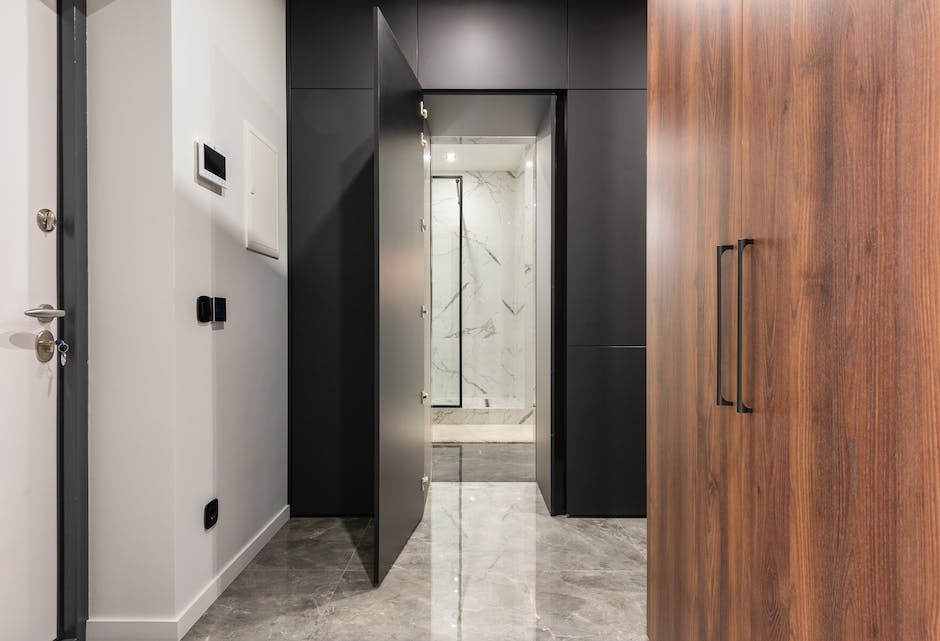Stewarding a property can be complex and time-consuming, leading many property owners to consider the services of a property manager. Delving into the realm of property management often leads to a multitude of questions, one of the most prevalent being: “What percentage does a property manager take?” While the answer usually ranges from 8 to 12 percent, it can largely depend on location, property size, and other related factors. This essay seeks to provide a comprehensive understanding of typical property management fees, their associated costs, ways to effectively negotiate these fees, and a guide on choosing the right property manager based on their fee structure.
Typical Percentage Charged by Property Managers
On average, a property manager typically charges between 8% – 12% of the monthly rental value of the property, plus expenses.
However, this range can also be as low as 5% or as high as 15% or more. This figure will likely seem steep at first glance, but it’s important to consider the range of tasks that a property manager may handle for this fee.
Tasks can include collecting rent, handling maintenance and repair issues, responding to tenant complaints, and even pursuing evictions, along with many others depending on the specifics of the individual contract.
The size and location of the property, along with the types and level of services required, can influence the percentage charged by property managers.
For instance, managing a large commercial property in a busy city might require more time and resources than managing a small residential building in a rural area, which could lead to a higher fee percentage.
On another note, the number and complexity of amenities provided, such as a pool, gym, or security services, could also influence the charge rate.
Understanding the Percentage Taken by a Property Manager Based on the Property Type
In the real estate world, the type of property significantly influences the rate at which a property manager charges for their services. To illustrate, single-family homes usually attract a higher rate. This is because the property manager is often tasked with an increased responsibility to oversee the home’s maintenance compared to apartments in multifamily buildings. The standard rate often lies within the 10-12% bracket.
Comparatively, managing commercial properties might necessitate a more comprehensive fee structure. This could include a basic percentage rate, along with additional charges matching specific rendered services.
As a rule of thumb, it’s important to shop around and compare different rate offers. This allows you to ensure that the choice of property manager provides the best value for your invested capital.

Additional Costs Often Associated with Property Management
Considering Additional Fees in Property Management
Apart from the general property management fee, ranging from 8% to 12% of the month’s rental income, you might encounter additional charges. Notably, there’s the setup fee, which is a one-time charge to commence a new account with the chosen property management company. This fee pays for the expenses incurred during the account preparation phase. The specific cost often varies greatly, based on the company and the nature of services included in the setup. Typically, setup fees can span anywhere from a modest $100 to a few hundred dollars.
Another additional fee commonly charged by property managers is the leasing fee.
This fee is charged when the property manager finds a new tenant for your property. It is meant to cover the cost of marketing the property, showing it to prospective tenants, and processing their applications. The leasing fee is typically equivalent to a certain percentage of the first month’s rent, often around 50-100%.
Property Management and Associated Maintenance Fees
Property managers not only charge setup and leasing fees but also consider the costs of the property’s maintenance and repairs. Some managers may choose to incorporate these maintenance costs into their standard management fee, whereas others bill for them separately. This cost varies greatly, largely influenced by the size and state of the property. Occasionally, a property manager will implement a reserve fund. This is a pool of money set aside exclusively for maintenance and repairs, replenished from the rental income as required. By familiarizing oneself with these potential supplementary costs, you can make more informed choices when selecting a property manager and more accurately budget for property management expenses.

Photo by tierramallorca on Unsplash
Negotiating Property Management Fees
Deciphering Property Management Fees
Generally, a property manager will take a percentage between 8-12% of the property’s monthly rental value, plus additional expenses. A thorough comprehension of these costs and potential additional fees is crucial when beginning your negotiations. Understanding the breakdown of these charges can empower you with the capability to negotiate effectively, assuring that you aren’t overpaying. Some managers might propose a lower percentage; however, they might have a range of hidden fees. These could include setup fees, advertising fees, or lease renewal fees, which might escalate the total cost. As such, scrutinizing each section of their service agreement is vital to preempt any unforeseen costs.
Negotiating the Fees
Getting the best deal in property management is not just about finding the service with the lowest price. It is crucial to understand the market rates for property management services. Once you have garnered this knowledge, you could leverage it in your negotiations. Managers will be more open to lower their prices if they realize you grasp prevailing market rates. One can compare prices from different companies and use competitors’ rates to negotiate a dependable, experienced property manager to match or even lower their price. Remember that while price is crucial, it should not compromise the quality of the service.
Understanding Potential Additional Costs
As part of your negotiations with potential property managers, consider potential additional costs that could arise outside of the management fee. These extra expenses might stem from maintenance needs, necessary repairs, and unanticipated emergency situations. Make sure you have a clear understanding of any additional fees and whether the property manager will take a percentage of those costs. The question, “Will additional maintenance and repair costs come as an extra fee, or is that included in your overall percentage fee?” is a crucial one. Securing clarity on these points may save a significant amount of money in the long run.

Choosing the Right Property Manager Based on Fee Structure
Making the Right Choice: Evaluating Property Manager Fees
Selecting a property manager involves careful consideration of the percentage they charge as a management fee. Generally, property managers can charge anywhere from 4% to 12% of the monthly rent, and sometimes even as high as 20% depending on various factors like the specific services they provide and the where the property is located. However, the decision should not solely be about the cost but also the return on that investment in terms of the quality services provided.
Consider their track record, professionalism, availability, maintenance and repair management, rent collection efficiency, and ability to keep vacancies to a minimum. While a higher fee could seem daunting, if it comes with the assurance that your property is consistently well maintained, vacancies are rare, and rent collection is seamlessly handled, then it could be worth it. Also, keep in mind the time and stress saved by having professionals manage your property.
Each property owner’s financial situation is distinct. What is affordable and worthwhile to one might seem expensive and unnecessary to another. Therefore, along with weighing the property manager’s fee and the quality of their services, take your financial capabilities into consideration. Scout out your potential return on investment by calculating the potential income from your property against the cost of the management fee. It’s crucial to find a balance that serves your personal financial situation best.

Ultimately, the key to finding the right property manager involves much more than just comparing percentages. It’s essential to consider the additional costs, the breadth and quality of services provided as well as one’s budget. The real value lies in finding a property manager who can effectively maintain the property while maximizing its profitability. Remember, it’s not just about cost, but about value. Take the time to research, compare, and negotiate to secure the right property manager for your unique requirements and circumstances.
